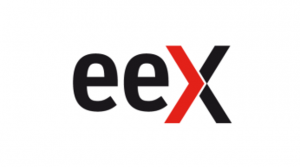 The European Energy Exchange (EEX) and Kazakhstan’s commodity exchange joint stock company, Caspi, have signed an agreement to develop Kazakhstan’s exchange-based carbon permit trading.
The European Energy Exchange (EEX) and Kazakhstan’s commodity exchange joint stock company, Caspi, have signed an agreement to develop Kazakhstan’s exchange-based carbon permit trading.
The agreement, signed on May 15 at the International Carbon Forum in Astana, says the EEX will provide support and technology for the development of Kazakhstan’s young emissions market. In particular, the partners will evaluate the possible use of the trading technology of Deutsche Börse AG, EEX’s parent company. EEX is majority-owned by Eurex, the derivatives unit of Deutsche Börse.
“EEX supports the use of market-based instruments in climate policy and the long-term vision of a globally-linked emissions market,” said EEX CEO Peter Reitz, according to a statement on the EEX website. “Therefore, we appreciate Kazakhstan’s engagement as the first Asian country to launch a national carbon market and are glad to support the development of Caspi JSC as the Kazakh emissions market.”
“EEX has high expertise in operating a regulated market for emissions trading,” said Yelnar Nadyrgaliyev, chairman of the board of Caspi, in the same statement. “We are pleased to be able to benefit from that, as this will be a crucial success factor in establishing an emissions market in Kazakhstan.”
Kazakhstan launched its emissions trading scheme on January 1, 2013, requiring any organisation emitting more than 20,000 tonnes of carbon dioxide to participate in the cap and trade system. One hundred seventy-eight emitters, including oil and gas, mining and industrial enterprises, took part in the launch. After a pilot programme in 2013, the Caspi exchange began trading permits for one tonne each of carbon dioxide emissions at the end of March. Kazakhstan is the first country in the Commonwealth of Independent States to introduce an emissions trading system.


